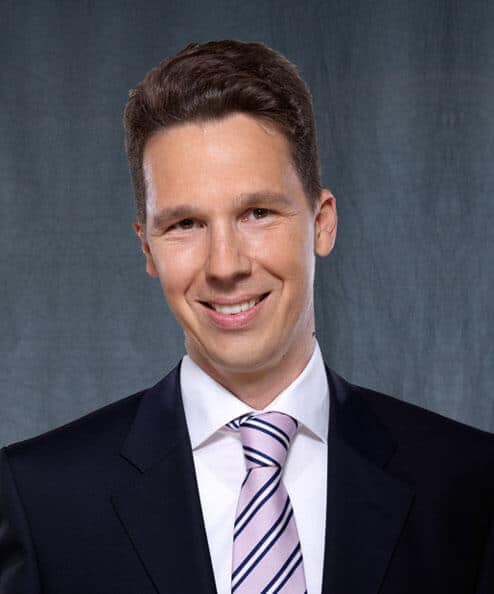Executive compensation: Europe and the US versus Japan, "Forbes JAPAN"
Tokyo, Japan – Certain aspects of American and European corporate culture are frequently encountered in Japan, albeit several years later, but how much similarity is there between East and West when it comes to compensation schemes? Forbes JAPAN interviews Conrad Pramböck, Head of Compensation Consulting at Pedersen & Partners.

In recent years, worldwide executive compensation has tended to increase, and this trend is especially noticeable in global companies with 100,000 or more employees. In the 2000s, executive compensation has risen every year outside a few very specific industries. In other words, it's a "one-way trajectory."
It is not easy to find top executive candidates who fulfil all of the company's requirements, and also have experience of running 100K companies. In Europe and the US, cash incentives are often paid in order to hire top executives, averaging 1.4 million Euros (approx. 189 million Yen).
In the US, France and Germany from 2008 to 2014, the growth rate of general employee bonuses was 3-4%, while executive bonuses grew at 6-8% or even more. This trend is seen in China and India, and also emerging economies such as Turkey. In China and India, Silicon Valley returnees have also contributed to the overall compensation bonanza.
Compensation Structure

The 1970s and 1980s were characterized by high executive wages in the US, typified by the concept that "An excellent management team should also receive reasonable compensation" – or to put it bluntly, similar to the quote from “Wall Street”: “Greed is good.”
This trend spread to Europe in the 1990s and 2000s, along with a concept known as "transparency of management." As a result of corporate disclosure laws, executive compensation in Europe has gone from a taboo subject to an open topic. Middle management was able to discuss approximate salaries among themselves, but executive compensation was forbidden ground.
One noticeable development is that executive compensation levels are becoming more homogenized worldwide, although there is still a great deal of variation.
"The data shows that Japanese top executives in the largest companies receive base salaries that compare well with global standards. However, their bonuses are relatively small compared to the US or Western Europe. On average, a comparable American or European short-term bonus is twice as high. Japan is in line with Western Europe when it comes to stock options as part of executive compensation, but both are behind America," stated Mr. Pramböck.
 Conrad Pramböck is the Head of Compensation Consulting at Pedersen & Partners. Based in Vienna, Austria, he is responsible for consulting companies on all aspects of compensation, including providing companies with up-to-date market information on salary ranges and design of bonus systems across all industries and geographies. Prior to joining the firm, Mr. Pramböck held several senior positions in international consultancy firms. He started his career with a German Consultancy firm working in management consulting and later in the Compensation Consulting business unit based in Austria. For the following seven years he worked with one of the top Austrian Executive Search firms as the Head of Compensation Consulting. He was responsible for all international compensation consulting activities and developed and maintained an international compensation database in 40 countries.
Conrad Pramböck is the Head of Compensation Consulting at Pedersen & Partners. Based in Vienna, Austria, he is responsible for consulting companies on all aspects of compensation, including providing companies with up-to-date market information on salary ranges and design of bonus systems across all industries and geographies. Prior to joining the firm, Mr. Pramböck held several senior positions in international consultancy firms. He started his career with a German Consultancy firm working in management consulting and later in the Compensation Consulting business unit based in Austria. For the following seven years he worked with one of the top Austrian Executive Search firms as the Head of Compensation Consulting. He was responsible for all international compensation consulting activities and developed and maintained an international compensation database in 40 countries.
